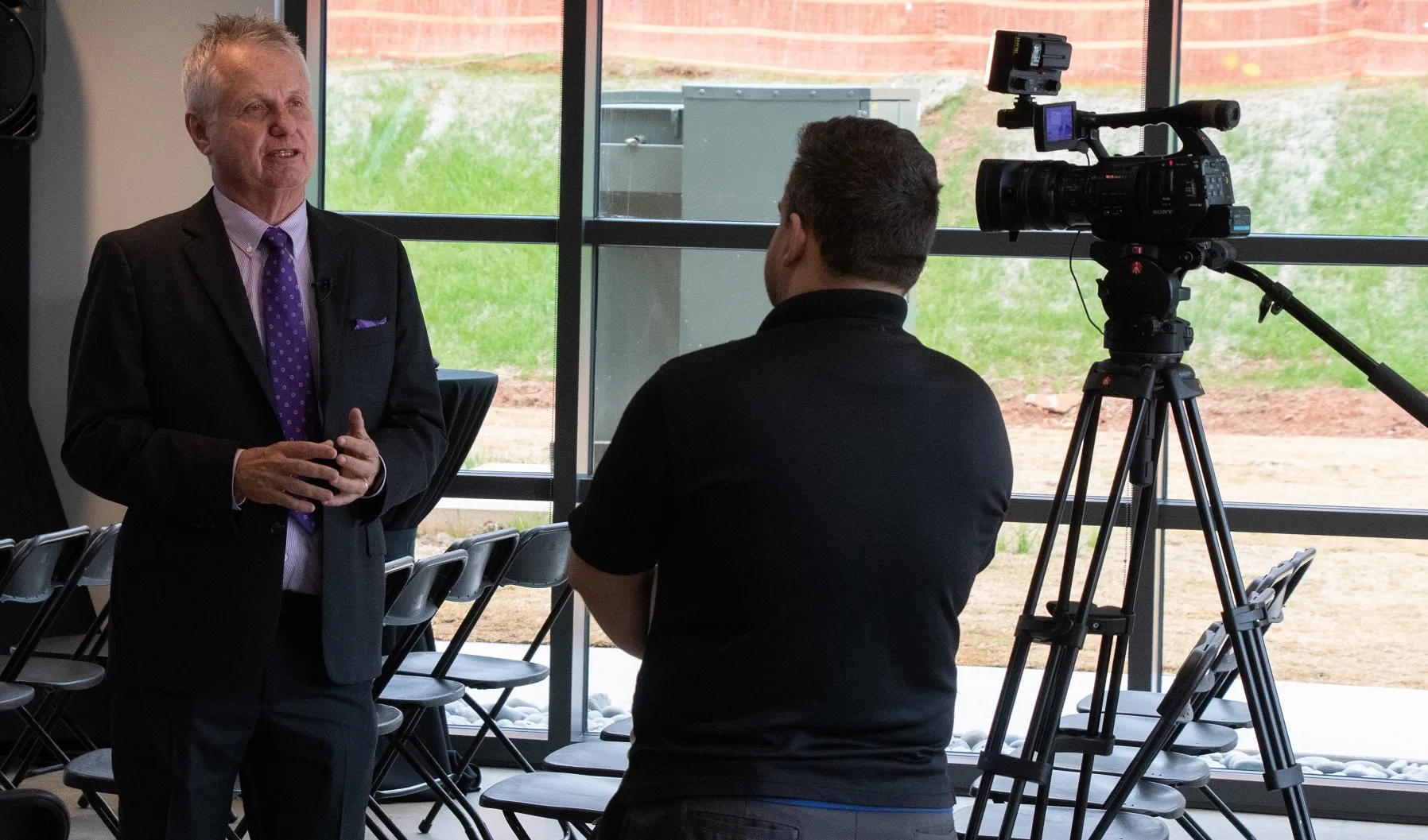
The US Federal Communications Commission’s decision to give up on “long-stalled” dedicated short-range communications (DSRC) technology in favour of cellular Vehicle to Everything (C-V2X) is likely to remain controversial.
In an interview in the latest issue of ITS International, Applied Information boss Bryan Mulligan says that a lot of people in the industry “drank the DSRC Kool-Aid”.
“There’s thousands and thousands of engineers that have been working on DSRC, as if it’s the only game in town,” he continues.
“I’m pretty outspoken about these things - but a number of [US] states don’t believe that anything to do with cellular is real connected vehicles. It’s all become a faith-based thing because nobody’s got it all working. The FCC made the point that you can’t go onto a car lot in the US and buy a car with DSRC radio - nobody’s making them.”
But arguments over the spectrum will continue, he thinks.
"When you’re shouting so loud, it’s very hard to listen," Mulligan says. "And we’ve got a lot of people shouting at the tops of their voices and I think that blocks their ears.”
Allowing the private sector to take more of a role is important: “We’ve turned the government into systems integrators, by selling them bits and pieces," he suggests.
"And what we, amongst other companies, are looking to do is to help lead a change to outcomes-based contracting. Let’s deliver solutions to the government. And that will allow connected vehicles to go ahead.”
The full interview is in the January/February 2021 issue of ITS International










